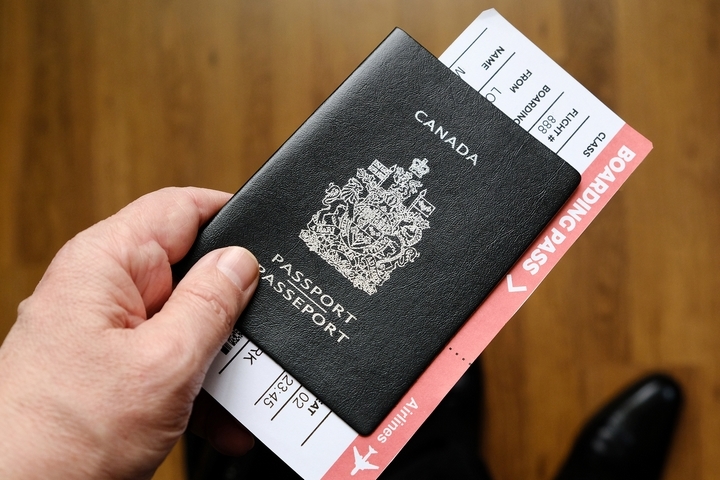
Dual citizenship occurs when a person is a citizen of two countries concurrently. When you have dual citizenship, more than one country recognizes you as its official citizen. The rules regarding dual citizenship vary from country to country. It pays to be conversant with immigration rules before applying, and understand there are both pros and cons of dual citizenship.
Below are the 12 pros and cons of dual citizenship:
Pro #1: Benefits and Privileges

There are many pros of dual citizenship. When one has dual citizenship, they can enjoy privileges and benefits from each of the countries they hold citizenship from. Depending on the law, they can vote in either country, access two social service programmes and may be entitled to run for office in either of the countries. They may also be admitted to schools in either country at the standard citizen tuition rate.
Pro #2: Two Passports

Having two passports is one of the best pros of dual citizenship. The process of travelling to a new country can be long and tedious. This is however not the case when you have two passports. For example, if you are a citizen of both the U.S and New Zealand, you can easily travel between the two countries and are entitled to a passport for each country.
You also evade any questioning on the purpose of the trip and the need for long-stay visas. Besides, you have guaranteed entry to both countries. The passports can be of great importance to students, businesspersons, and family visits in either country.
Pro #3: Property Ownership

With dual citizenship, you can own property in either the US or New Zealand, especially if you frequent the two countries on business. Property ownership might be especially useful and economical since you have a right to live in both countries.
Pro #4: Cultural Education

Dual citizenship exposes you to the diverse cultures in the two countries. There are government officials who encourage dual citizenship and view it as a way to foster the country’s front as a supreme tourist destination. You also get to learn a new language, way of life and the unique histories of both countries.
Pro #5: Security

Let’s say you are a citizen of a country whose political atmosphere is volatile and you are at risk of unfair discrimination or becoming a victim of violence. Having a second citizenship will ensure that you have a safe haven should you have to leave your current nation in a hurry. This is of great importance, especially for people who have children they wish to protect.
Pro #6: Healthcare

A country that provides top-notch health care facilities can significantly impact the lives of people who need medical care. Hence, if you are a citizen of such a country, you are at an advantage.
Con #1: Dual Tax Obligations

If you are working in New Zealand and have citizenships for both the US and New Zealand, you are obliged to pay taxes to both countries. There are tax treaties that have been put in place to limit liabilities of income tax in such cases and to avoid double taxation. However, the treaties usually expire, and the laws may change every year.
Con #2: It May Create Security Issues

Some countries have put in place laws that restrict security clearance to holders of dual citizenships. This can be detrimental to those seeking political offices. They have been, in some cases, forced to give up dual citizenship to run for office.
Con #3: It is Expensive

The costs could be one of the cons of dual citizenship. You have to pay for the cost of both passports. This fee is usually paid during application, and success is not guaranteed. For example, to become a US citizen, you need to pay a total charge of about $3000. Some people opt to get lawyers to help with the process, driving the costs even higher.
Con #4: It Can Threaten the Political Identity of a Country

Some countries view dual citizenship as a loophole that could compromise domestic security. If, for example, people from a specific region enter a country and acquire dual citizenship, it could change the identity of the majority and consequently change the structure of government.
Con #5: It May not be Permitted

The US supports dual citizenship. In contrast, countries such as Saudi Arabia and Austria are against dual citizenship. This means that in either of these two nations, you automatically lose your citizenship upon acquiring a new one. Hence, it is important to understand what can cause your citizenship to be revoked before pursuing a second passport.
Con #6: It’s a Lengthy Process

Unfortunately, the lengthy process is considered one of the cons of dual citizenship. You may need to legally immigrate or obtain permanent residence and hold it for a specified period before you can apply for citizenship. This could take years before you are allowed to acquire dual citizenship. In the US, the waiting period is 3-5 years while in some other countries you may have to wait for up to 10 years.
Having dual citizenship is great, but it is not all roses and candy. When applying for dual citizenship, you should be ready to take up all the good and the bad that comes with it.